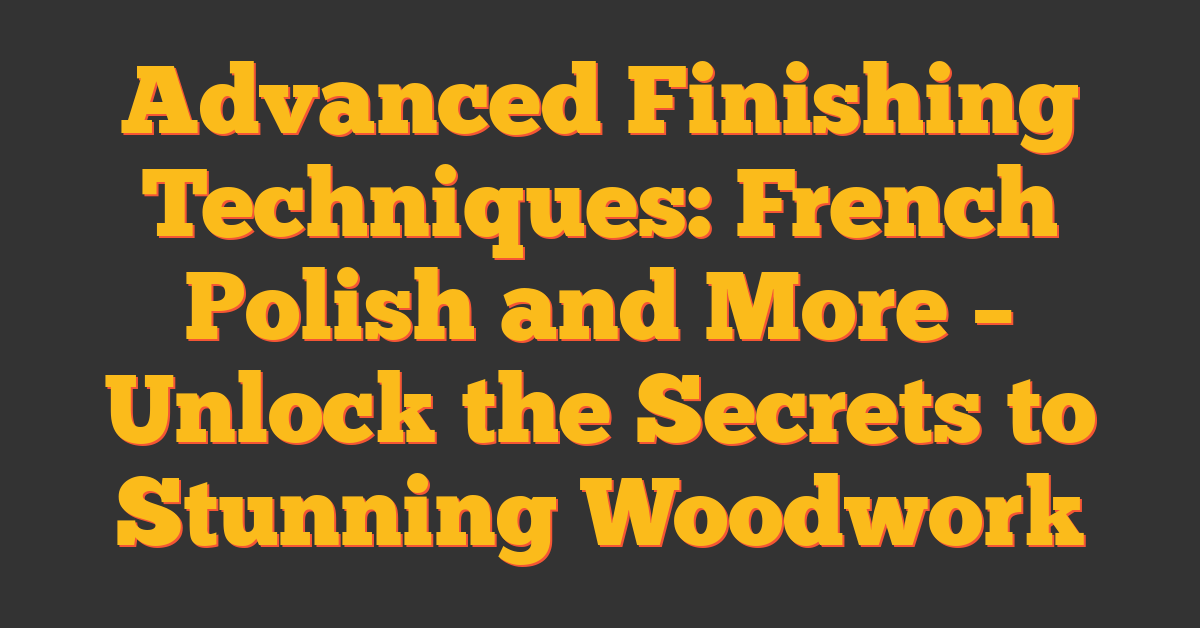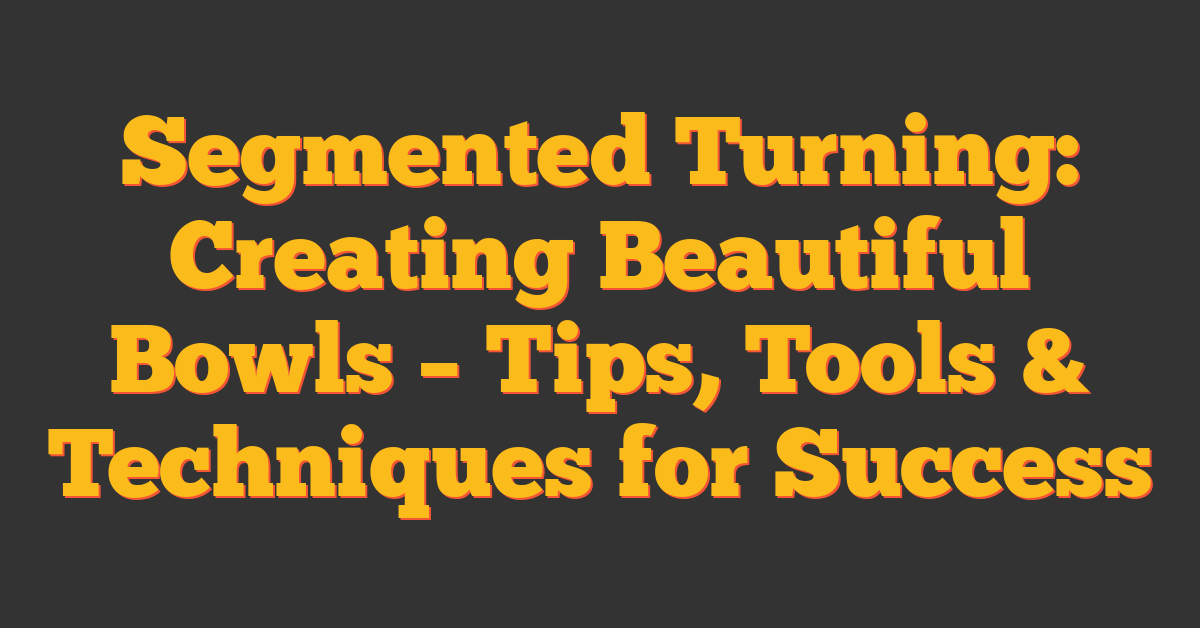When you’re knee-deep in sawdust, the last thing you want is a power tool that can’t keep up. That’s why choosing the right brand is crucial, and Ryobi and Craftsman are names that probably pop up on your radar. But how do you know which one will be your DIY ally?
Ryobi Power Tools
When you’re deeply immersed in the world of woodworking, each project is a commitment—not just of time but also of precision and effort. That’s why Ryobi power tools stand out; they’re designed with the enthusiast in mind. Ryobi’s ethos revolves around making pro-featured power tools truly affordable. This means you don’t have to compromise on quality or break the bank to get the job done.
Your passion for DIY projects deserves tools that keep up with your pace and creativity. Ryobi offers an extensive range of power tools, from drills to saws and sanders. They’re not only robust and reliable but also feature innovations like the One+ system. Imagine the convenience of interchangeable batteries across a vast array of tools; a single purchase extends its value across your entire tool collection.
- Cordless Convenience: Almost all Ryobi tools are part of the One+ battery system
- Innovation: Features like brushless motors and LED lighting
- Affordability: More wallet-friendly than many other brands
The brand’s cordless tools are especially noteworthy. They give you the freedom to maneuver without being tethered to a power outlet—essential when you’re moving around a large piece of wood or manipulating angles on a complex build. Furthermore, Ryobi’s commitment to innovation is evident in their use of brushless motors, which offer greater efficiency and longevity. It’s these thoughtful details that manifest in every successful project.
Another point to consider is your evolving toolkit needs. As your skills grow and projects become more ambitious, Ryobi’s array of options allows you to expand without straying from a brand you trust. You’ll find their tools perfectly suited whether you’re crafting a delicate piece of furniture or tackling robust outdoor constructions. Plus, with their bright green signature color, locating your Ryobi tool among a pile of equipment is a breeze.
While power and performance are paramount, you also want tools that are easy on your hands during those long hours in your garage workshop. Ryobi tools are ergonomically designed, ensuring you can maintain your grip comfortably without fatigue. This user-centric design philosophy ensures that while you focus on your craft, your tools work for you with minimal fuss.
Craftsman Power Tools
When you step into your woodworking shop, you’re not just a hobbyist, you’re a creator. And every creator needs reliable tools. Craftsman Power Tools have been a staple in garages and workshops like yours for years. They offer a wide variety of power tools, from drills to saws, each designed to meet the demands of your projects.
You’ve probably seen Craftsman’s signature red color lining the shelves of hardware stores, a testament to their popularity and presence in the DIY community. You trust these tools for their durability and solid construction. Known for their evolutionary technology, Craftsman consistently works towards improving battery life and tool performance, aiming to maximize your efficiency and the longevity of your projects.
Their V20 battery system stands out in the cordless tool market. Here’s why:
- Extended Runtime: The V20 lithium-ion battery provides consistent power throughout its charge.
- Compatibility: This battery system works across a broad range of tools within the V20 lineup, ensuring that you can switch from drilling to sawing without skipping a beat.
- Accessibility: Craftsman power tools are readily available at numerous retailers. You can grab a spare battery or a new tool without any hassle.
Craftsman values innovation and practicality, adapting to your needs as a woodworker. Their corded tools don’t disappoint either. With reliable power sources, you never have to worry about a battery dying in the middle of a cut. They’re built tough, ready to tackle projects from simple home repairs to intricate furniture building.
Whether you prefer the portability of cordless tools or the consistent power of corded ones, Craftsman offers the robustness and precision you need. They honor their old-school roots while embracing modern technology, providing you with tools that can saw through the toughest lumber and drill the most precise holes. Your Craftsman tools work as hard as you do, standing by to turn that piece of wood into your next masterpiece.
Performance and Durability
When you’re weaving through the aisles of your favorite hardware store, you can’t help but weigh the options between Ryobi and Craftsman power tools. It’s not just about the colors or the price tags—it’s the performance and durability that’ll get you through your next project.
Ryobi power tools are often celebrated for their affordability and are a solid entry-point into the DIY world. Their One+ battery system is a real gem, making it convenient for you as you swap the same battery between over a hundred tools in their lineup. Ryobi hasn’t skimped on the performance either; they deliver enough power for most home projects, making them a favorite among casual woodworkers.
Yet when push comes to shove and you require something that can take a beating, Craftsman power tools stand out. They’ve got a reputation built on rugged construction that can endure the demands of more strenuous work. Whether it’s a project that requires continuous power or the odd job that needs a robust tool, Craftsman’s build quality ensures they outlast the competition in the durability department.
Let’s not forget the nuanced differences:
- Ryobi tools are known for their lightweight design, making them easier to handle for extended periods.
- Craftsman tools, with their heavier build, might cause more fatigue but withstand the test of time with less wear and tear.
Diving into the specs, it’s apparent that Craftsman tools are calibrated for endurance. With a V20 battery system, they’ve got extended run time that’s vital for long haul projects. This resilience is crucial when you’re knee-deep in sawdust, shaping your latest masterpiece.
While Ryobi might offer ease of use and save a few bucks, Craftsman tools bring you peace of mind, knowing they’ll likely power through years of woodwork and renovations. As you build your arsenal of tools, consider how often you’ll push them to their limits. Your workshop is your haven, and the tools you choose need to support your passion day in and day out.
Price and Affordability
As you delve deeper into your woodworking journey, you’re likely to realize that the cost of power tools can make a significant dent in your wallet. It’s here that your choice between Ryobi and Craftsman takes a crucial turn based on Price and Affordability. Ryobi power tools typically offer a more cost-effective entry point. They have positioned themselves as the go-to brand for DIY enthusiasts on a budget, presenting a range of products that won’t break the bank.
Let’s talk numbers. Ryobi kits and individual tools are often priced lower than their Craftsman counterparts. For instance, a standard 18V cordless drill/driver from Ryobi might set you back significantly less than a similar Craftsman V20 model. The price differential becomes even more apparent when comparing full kit options.
Keep an eye on these price points:
- Ryobi 18V Cordless Drill/Driver Kit: ~$80
- Craftsman V20 Cordless Drill/Driver Kit: ~$120
Investment vs. Immediate Savings
As you size up the price tags, consider your commitment to the craft. Ryobi’s lower prices are attractive for immediate savings, but you’re someone who knows that woodworking isn’t just a hobby—it’s a passion. So it’s important to think about long-term value, too. Craftsman’s higher upfront cost could be justified by the longevity and robust build offered by their tools.
Sales and Warranties
Craftsman and Ryobi both offer promotional sales and discounts that can provide terrific value for your money—especially if you’re patient and savvy about timing your purchases. And let’s not overlook warranties; they add tremendous value to your purchase. Standard warranties for Ryobi tools typically fall in the 3-year range, while Craftsman tools frequently boast a more generous warranty, often reflecting their commitment to durability. Keep this in mind as warranties can be a real game-changer in the power tools equation.
Remember, whether you’re on a tight budget or open to a heftier investment, both brands cater to your needs with their diverse pricing strategies. Just make sure you’re aligning your tool choice with both your current financial situation and your long-term woodworking aspirations.
Features and Options
When you’re comparing Ryobi and Craftsman power tools, diving into the Features and Options each brand offers enables you to make an informed choice. Ryobi prides itself on innovation, particularly with its 18V ONE+ system where one battery powers over 100 tools. That’s a game-changer if you enjoy a fluid workflow without the need to swap batteries constantly.
Your selection will also include Ryobi’s commitment to user-friendliness. They offer tools that are typically lighter, making them easier on your arms during long building sessions. You’ll find features like magnetic bit holders and onboard storage solutions that enhance your DIY experience.
Switching gears to Craftsman, you’ll encounter a brand that has traditionally targeted the professional market, meaning its features lean more towards heavy-duty use. Take, for instance, their V20 battery system, not only designed for longevity but also for providing consistent power even during the most demanding jobs. Their robust lineup also includes:
- Brushless motors for enhanced performance and durability
- Flexibility with corded options when relentless power is needed
- Tools equipped with Pro-Grade features for precision work
With Craftsman, you’re also looking at a suite of options intended to fit a spectrum of woodworking and building needs. Whether it’s robust storage solutions or tools equipped for fine detailing, Craftsman gears you up for long-term, intensive projects.
As you weigh the features and options from both sides, consider your typical project load. Are you a weekend warrior knocking out quick builds, or are you spending hours in your garage shop fine-tuning detailed pieces? Each brand’s offerings cater to specific needs and workloads, so align your tool choice with your woodworking style. Keep an eye on ease of use, battery compatibility, and the range of available options that will support your craftsmanship for years to come.
Conclusion
Deciding between Ryobi and Craftsman isn’t just about the tools themselves—it’s about what you need and how you work. Whether you’re drawn to Ryobi’s innovative design and user-friendly features or Craftsman’s robust, professional-grade tools, the choice ultimately hinges on your personal requirements. Think about your projects, consider your style, and choose the brand that aligns with your woodworking journey. Remember, the right tools will not only make your tasks easier but also enhance your overall crafting experience. Happy building!
Frequently Asked Questions
What are the key features of Craftsman’s V20 battery system?
Craftsman’s V20 battery system boasts extended runtime, a comprehensive compatibility with a variety of tools, and easy accessibility, making it an excellent choice for both DIY enthusiasts and professionals.
How do Ryobi power tools stand out from the competition?
Ryobi power tools are recognized for their innovative design and user-friendly features, such as lighter construction, magnetic bit holders, and built-in storage solutions, which cater to homeowners and DIYers.
What makes Craftsman power tools suitable for professionals?
Craftsman power tools are engineered for professional use, offering heavy-duty construction, brushless motors, and corded options. They also include Pro-Grade features that enhance precision for demanding projects.
Should I choose Ryobi or Craftsman based on my project load?
Yes, it’s essential to consider your typical project load when choosing between Ryobi and Craftsman. Ryobi is ideal for lighter, more frequent DIY tasks, while Craftsman is better suited for professional-grade, heavy-duty work.
How do I align my tool choice with my woodworking style?
To align your tool choice with your woodworking style, assess the complexity, frequency, and precision required for your projects. Choose Ryobi for innovative, light-duty work, or opt for Craftsman for robust, precision-oriented tasks.




